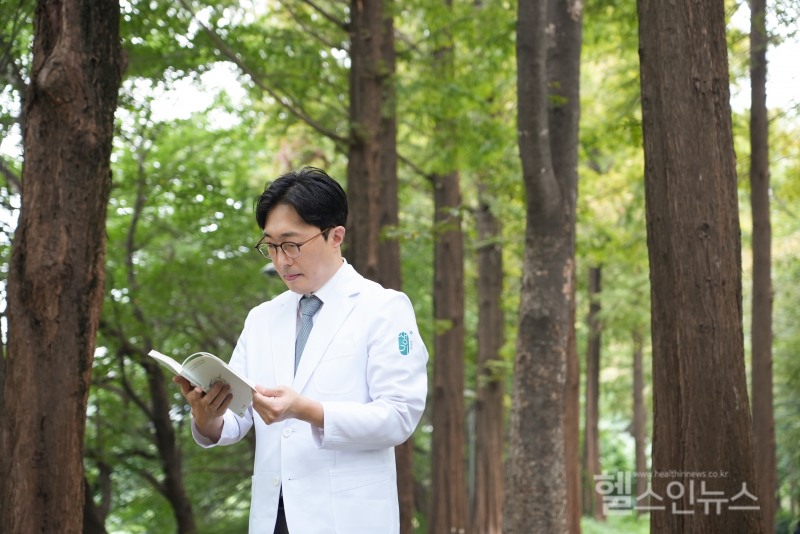In the sweltering summer months, the combination of intense ultraviolet rays and excessive sweating can wreak havoc on the lips, leading to dryness and flaking. Additional everyday factors—such as certain foods, frequent lip licking, toothpaste, cosmetics, and smoking—can aggravate dryness and trigger cheilitis, an inflammatory condition of the lips. When cheilitis develops, symptoms may include cracked lips, swelling, and inflammation at the corners of the mouth, requiring careful management to prevent complications.
Cheilitis, a term derived from the Greek words for "lip" (cheilos) and "inflammation," is a dermatological condition primarily affecting the lips and surrounding oral tissue. Common symptoms include swelling, discomfort, and a sensation of irritation. The condition often recurs, can affect a wide area, and may cause skin tissue damage if left untreated.
Due to its location on the lips, cheilitis is frequently aggravated by behaviors such as neglecting symptoms, licking the lips, or manually removing dead skin, which can cause bleeding and accelerate skin damage. TThese behaviors also raise the risk of secondary infections and complications, particularly in people with conditions such as atopic dermatitis, seborrheic dermatitis, or psoriasis.

In traditional Korean medicine, cheilitis is viewed holistically, with the lips and surrounding areas linked to organs such as the stomach, spleen, and, in women, the uterus. Practitioners believe that inflammation often emerges when immunity and physical stamina are compromised, leaving the body vulnerable to viruses, bacteria, or fungi. Treatment often includes herbal decoctions tailored to the patient’s constitution and symptoms, with the goal of strengthening organ function, boosting immunity, and improving overall vitality. Topical herbal ointments are also used to curb inflammation, often complemented by acupuncture and pharmacopuncture to support skin healing.
Alongside professional treatment, patients are advised to prioritize adequate sleep, rest, and hydration to support recovery. Patients are also advised to avoid spicy or irritating foods. After meals, gently wiping the lips with a gauze cloth soaked in purified water and applying a moisturizer can further protect the skin.
Kim Kuk Ju, HEALTH IN NEWS TEAM
press@hinews.co.kr


